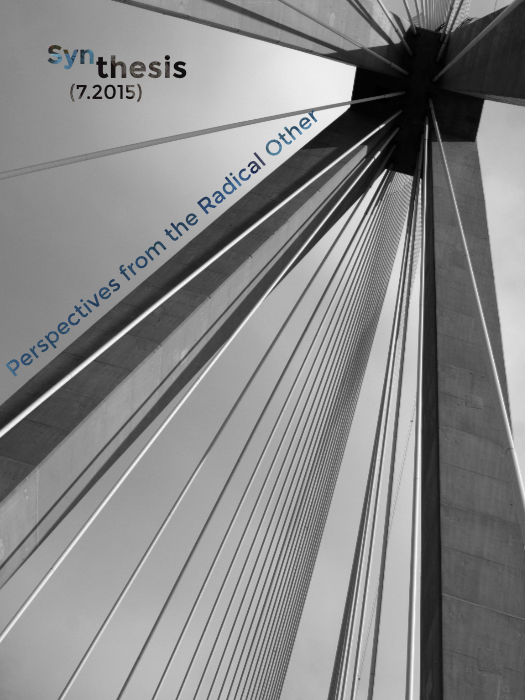Reclaiming the Human: Creolizing Feminist Pedagogy at Museum Frontiers

Abstract
In this paper we reflect, together with a group of international students, on the affective and political power of texts and contexts. Our starting point is Joan Anim-Addo’s Imoinda, a text whose form, setting, and narrative structure render productive moments of “Relation” (Glissant), in which individuals and their historical experiences – rooted in colonial oppression – establish connection to each other through difference rather than commonality. We outline a series of collaborative teaching workshops designed with Andy McLellan, the Head of Education and his colleague Salma Caller at the Pitt Rivers Museum Oxford, which provided fresh ways to engage our students in the transnational space inherent in Imoinda, as well as in the tangible and intangible heritage that the Pitt Rivers Museum houses. The paper discusses how study of Anim-Addo’s libretto at a frontier site between the university and the museum can enhance understandings of the text and the context from which the work was created. Specifically, we argue that the value of such frontier work lies in progressing critical thinking, although Relation here is not simply cognitive, but vitally allows emotional and sensory re-connections with musical forms and art from around the globe to enrich intercultural knowledge. A major focus is on the development of a creolized feminist pedagogy at the museum frontiers that, without being naïve to hierarchies of power and control in the wider world of lived experience beyond institutions, is responsible. Such practice is dialogical in essence. It privileges careful listening and speaking amongst all participants – teachers and students – and strives to raise diverse voices through the embodied learning that multisensory activities with museum objects can promote. Most importantly, the interculturality of Imoinda in terms of text, music and context, reading, writing and witnessing creates another “contact zone” of sorts (to use Mary Louise Pratt’s term) which demands a re-examination of our paradigms for the analysis of subject formation and representation outside conventional binaries and across the Black Atlantic.
Article Details
- Section
- Articles

This work is licensed under a Creative Commons Attribution 4.0 International License.
The copyright for articles in this journal is retained by the author(s), with first publication rights granted to the journal. By virtue of their appearance in this open access journal, articles are free to use with proper attribution. Synthesis retains the worldwide right to reproduce, display, distribute, and use published articles in all formats and media, either separately or as part of collective works for the full term of copyright. This includes but is not limited to the right to publish articles in an issue of the Journal, copy and distribute individual reprints of the articles, authorize reproduction of articles in their entirety, and authorize reproduction and distribution of articles or abstracts thereof by means of computerized retrieval systems.



